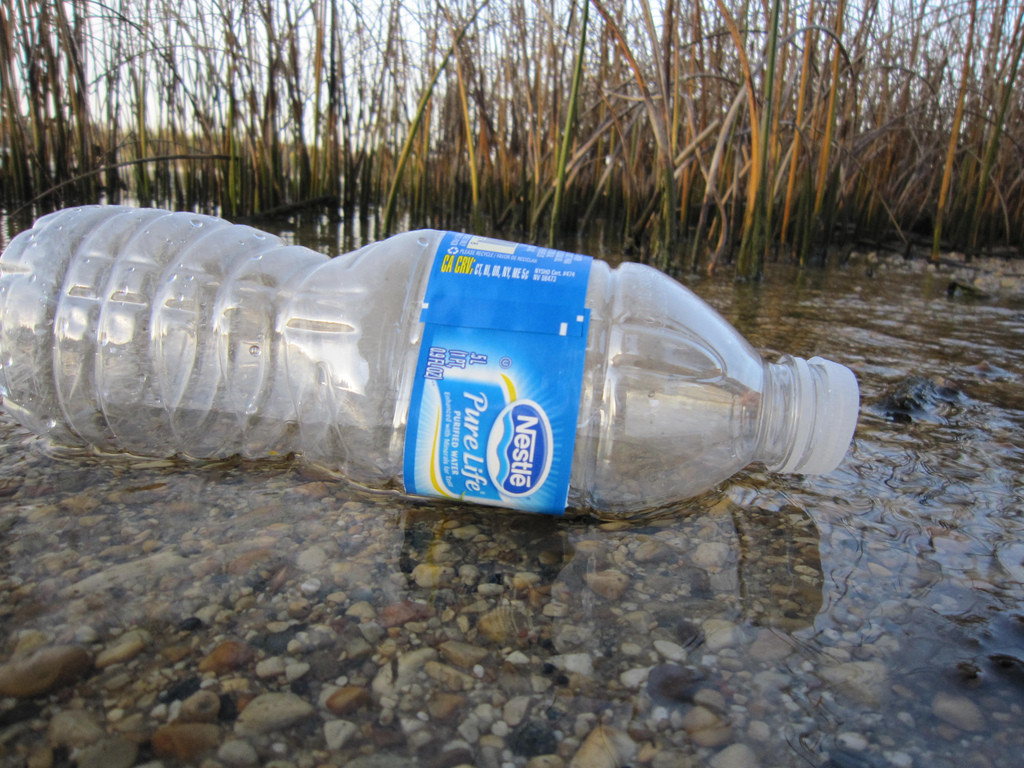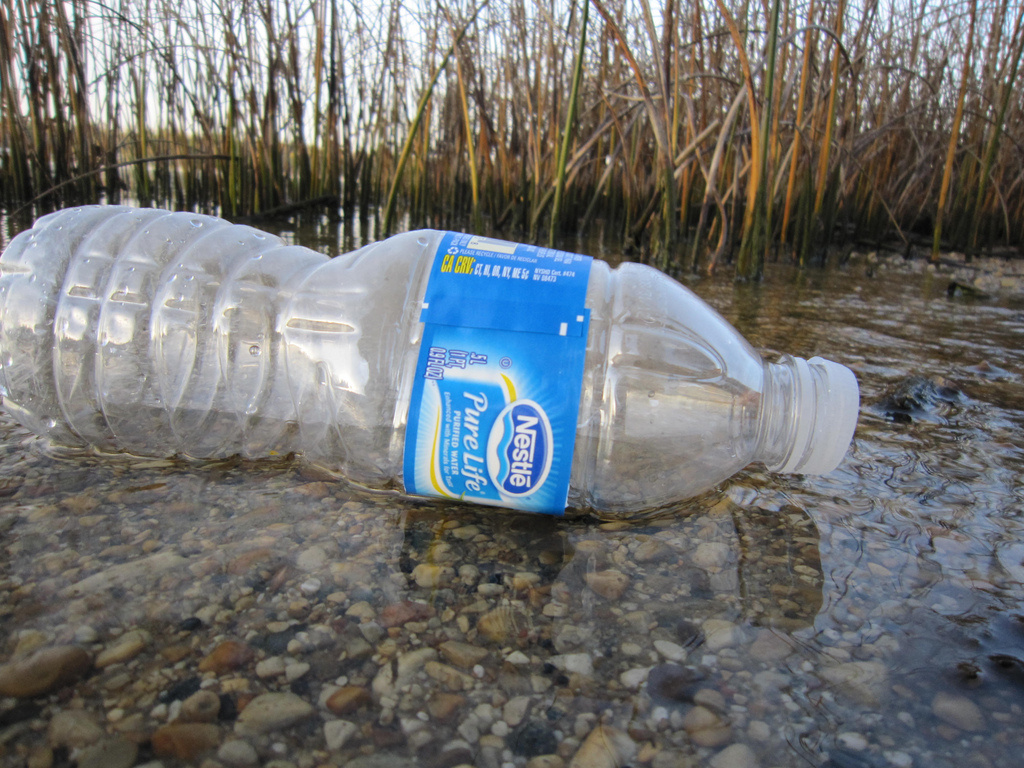>> The North Carolina legislature is in session, which means that people who care about our state are on high alert. There’s no shortage of bills requiring your attention and protests to attend if you choose. (Oh, yeah, there’s also that thing called “life” you have do in between your activism and civic engagement.)
The North Carolina legislature is in session, which means that people who care about our state are on high alert. There’s no shortage of bills requiring your attention and protests to attend if you choose. (Oh, yeah, there’s also that thing called “life” you have do in between your activism and civic engagement.)
There’s no shortage of outlets for your activism: educators are getting arrested for advocating for their students, Moral Monday protesters are challenging HB2, and mourners of the victims of the Orlando shooting are front and center. But I submit one more issue to which you should pay attention — and it’s easy to take this one for granted: your drinking water.
The Senate is, once again, enacting policy through the budget by burying environmental deregulation into provisions and subsections of a lengthy and confusing document.
The House and Senate are currently negotiating their two versions of the budget. The Senate budget, passed a couple of weeks ago, includes provisions to remove protections from key water sources throughout the state, including Jordan and Falls Lakes, the Neuse River, the Tar-Pamlico watershed, the Randleman Reservoir, and Goose Creek.
Concerned? So are the Sierra Club and the North Carolina Wildlife Federation.
The North Carolina Wildlife Federation has mobilized its >>Camo Coalition , a network of hunters and anglers, to contact legislators in protest of the provisions. In their newsletter to members, they remind us of what’s at stake.
“In the summer of 1995, millions of fish died in the Neuse River, capturing the attention of the state and nation. The cause was low oxygen levels due to pollution in the river. Citizens demanded action and North Carolina began a journey to put programs and policies into place to keep our rivers healthy by limiting pollution. The results were the Neuse River rules, the Falls Lake rules, and creation of the Clean Water Management Trust Fund.”
These are the rules that the senate is rolling back and ultimately repealing in 2020 — not just for Falls Lake, but for all of the protected water sources mentioned above.
Molly Diggins, the state director of the North Carolina Sierra Club, released a statement challenging the removal of these crucial water quality protections: “Buffers along rivers are one of our most important water quality tools. But under the senate budget, all buffers as currently required by state law would be repealed.” She continued, “This provision isn’t a tweak, it’s a sledgehammer. It is as if the senate has forgotten how important our waterways are for tourism, recreation, and drinking water.”
Specifically, section 14.13 of the state senate budget entitled “ >>Development of New Comprehensive Nutrient Management Regulatory Framework ” seeks to dismantle current state nutrient management strategies, effectively deregulating how we manage water quality throughout watersheds, lakes, and rivers across the state. It blocks strategies designed to improve water quality in Jordan and Falls Lakes (which serve as water sources for 700,000 NC residents), pushing back their implementation to 2020, if ever.
Moreover, it earmarks $500,000 to study if non-native freshwater mussels could be used to clean up pollution instead, which >>BlueNC has called the “Next GOP Jordan Lake Boondoggle,” following upon the heels of the >>SolarBees disaster . If you recall, instead of implementing the 2009 Jordan Lake rules that would require the government to spend money to clean up pollution in the lake, the legislature delayed it again (as they have done every year since 2009) and voted to put solar powered mixers (aka SolarBees) in the water to churn it up and prevent the formation of toxic algae. It did not work, and it cost taxpayers $1.5 million. The North Carolina Conservation Network told the Indy Weekly that proposals like the Solarbees and mussels “largely eschew science-based management strategies in favor of unproven tactics.”
The plan has been called >>short-sighted and a >>recipe for disaster .
And environmental groups are not the only ones calling foul.
Senator Mike Woodard of Durham argued against the budget provision, but was shut down by his opponents. “If you study water policy, you know everybody is downstream from somebody,” Woodard said. “So what happens in those lakes is critical in the Neuse, Cape Fear, and Tar-Pamlico river basins — all the way to the coast.”
In the meantime, our drinking water quality is subject to unproven science and stalling tactics. Want to get involved? Contact your representatives and let them know that you oppose the provision in the budget.

There are no comments
Add yours